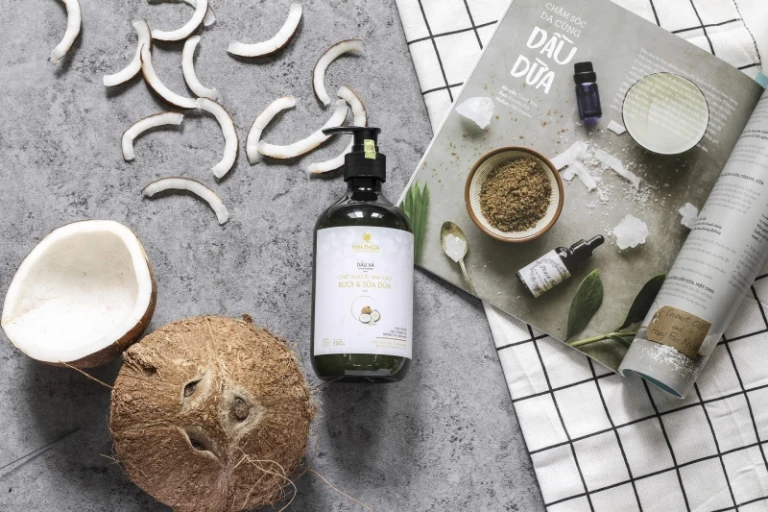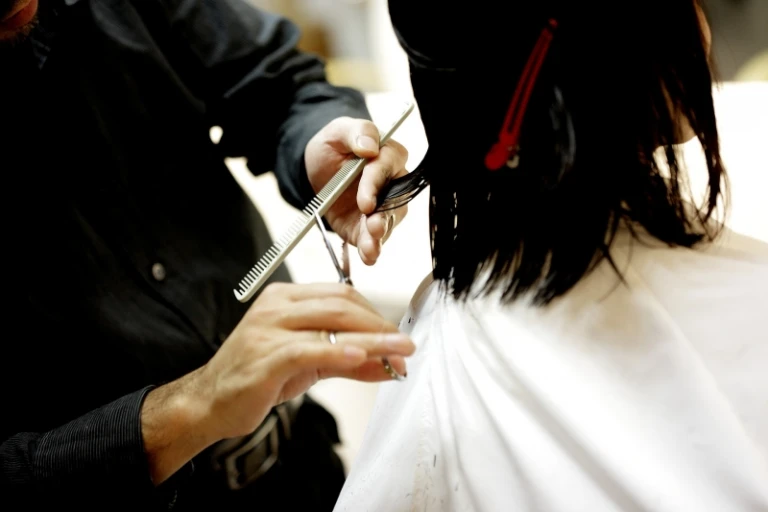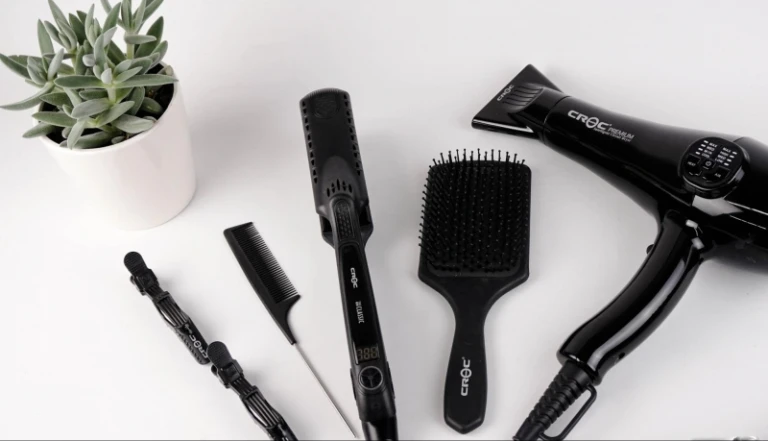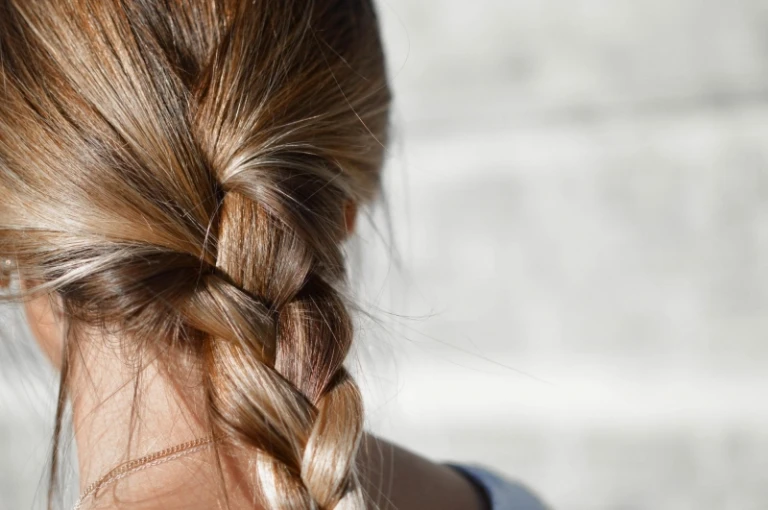Besides mountains, Sabah has so much to offer its visitors from vast clear blue waters to rare native wildlife. You will never be bored when you visit this hidden gem of Malaysia.
9 Hair Care Tips For Hijab-Wearing Muslim Women

Although a hijab-wearing Muslim woman’s hair is not exposed to natural elements, proper hair care is still important. It doesn’t mean that you can’t treat yourself and your hair because you wear the hijab. Your hair is just another part of you and is equally important as your nails and teeth. Need some advice? Here is a list of hair care tips to ensure that your hair remains well-nourished and well taken care of.
1. Let your hair breathe
As a hijabi, it is understandable that you have to keep your hair in place for the entire day. This means that your hair tends to be tied up in a bun and kept tucked beneath your innerwear. Once you are home, it is best to let your hair loose to allow your hair and scalp to breathe.
If you have to wear your hijab at home because you live with a non-mahram, be sure to wear your hijab loosely to allow a certain level of breathability for your hair. Also, if you are able to, please allow your hair to breathe and soak up natural surroundings.
2. Establish a proper shampoo routine

It can get quite itchy especially when you’re living in humid climates and sweat often. You are highly discouraged from washing your hair every single day. Washing your hair too frequently will strip it of its natural oils. This would lead to dry and brittle hair. It is best to use a leave-in conditioner to allow your hair to soak up moisture. Alternatively, you might want to consider using dry shampoos to refresh your scalp.
Moreover, try your best to avoid hot showers. I know it sounds tempting especially if you’re in a colder climate. Hot showers wreck havoc for your hair as hot water can be harsh on your scalp and hair. As mentioned earlier, hot showers will leave your hair dry and cause breakage. A cold shower is advisable because it temporarily closes your pores and flattens your hair follicles. Hence, this will increase their ability to grip to your scalp and reduce hair loss.
3. Know your hair type

Each Muslimah has different hair. Whether it is straight, curly or wavy, it is vital for you to understand your hair needs. Your hair type will determine how often you need to wash it and the right products to use. For those with straight hair, you may be able to get away with washing your hair every day but be sure to use a conditioner every four or five days. Muslimahs with curly or wavy hair are advised to wash their hair three times a week and conditioning it every one or two times.
Say hello to fresh ends when you trim your hair. You don’t have to get a significant haircut but regular hair trims are best to get rid of split ends. It is recommended to get a trim every four to six weeks which ensures your hair grows healthily.
4. Use the right products and tools

Natural products are highly recommended as they do not contain artificial chemicals. Natural oils such as argan oil and coconut oil are great natural products to nourish your hair minus all the grease. The right natural oil for your hair type will ensure your scalp is soothed and moisturized. It will also give your hair a natural shine.
Use natural combs and brushes too as it would be gentler on your hair and will help distribute your natural hair oils evenly. This would significantly prevent hair fall and breakage. Plus, combing your hair promotes circulation and a healthy scalp.
5. Wrap your hair when you sleep
This tip might seem counterintuitive to the first hair tip. But wrapping your hair with a silk scarf will help retain your hair’s moisture especially if your hair is already fragile. Silk scarves or silk pillows will aid in controlling your hair sebum.
Otherwise, your hair may lose its natural moisture when you sleep and end up producing more oil to compensate for the loss. This might not be obvious overnight but it is better to take consistent steps long term.
6. Dry your hair before wearing your hijab
Sometimes it may seem like you have so many steps to get through before putting on your hijab. But drying your hair is vital to prevent any damage to the roots of your hair especially when you tie your hair when it’s wet. Plus, your hair will be tied up for the rest of the day with little chance of it drying. You will end up with “hijab hair” where your hair is all flat and limp at the end of the day and not to mention the odour you would have to deal with.
If possible, give yourself ample time for your hair to air dry. However, if you are in a rush or live in colder climates where it would be tougher to air dry it, be sure to blow dry it sparingly.
7. Be mindful on how you tie your hair

It is understandable that hijabis would like to keep their hair secure throughout the day to ensure any escaping strands. However, tying your hair tightly could cause receding hairlines in the long run. It is also important to note that tying your hair the same way each day will lead to hair breakage.
Instead of elastic ties, you could opt for scrunchies to lighten the strain on your hair. You could either go for lower and looser buns or for at least one day a week, tie your hair a little looser. This would prevent straining of the roots of your hair from constantly being pulled back. Or to change things up a bit, you could braid your hair as it is a gentler way of keeping your hair tied back. On the bright side, when you’re home, you can unravel your crown in glory.
8. Change and wash your innerwear regularly
This tip seems obvious but it doesn’t hurt to remind you. Since your innerwear are worn all day, dandruff and dust could easily build up underneath as it comes in direct contact with your hair. For the health of your hair, it is important to keep it clean and fresh. It is best to have two-three innerwear in the rotation.
9. Choose the best hijab for you

Be mindful of your hijab style and the material of your hijab. Moreover, it is understandable that you would like to try out the latest hijab trends. Your hijab style is a personal one but it is important to note what feels good on you. Be aware of what material of your hijab that is suitable for you.
Hijab comes in various materials such as cotton, silk, satin and jersey. Put your needs first when selecting a hijab. You will need something that is breathable and not too tight to prevent hair loss.
Don’t sweep your hair care issues under your hijab. It might be out of sight but it should not be out of mind. Your hair deserves the same amount of love as your scarves. So, say goodbye to your hijab hair woes!
Also read:Is Halal Nail Polish Really Halal?
Published at
About Author
Inshirah Majid
Subscribe our Newsletter
Get our weekly tips and travel news!
Recommended Articles
10 Hidden Gems of Sabah, Malaysia 10 Muslim Footballers That Will Inspire You And Your Goals HalalZilla consults the great archives of football to handpick our top Muslim players who’ve ever laced a pair of boots in the big leagues – especially those you didn’t know were Muslim!
10 Muslim-Friendly Islands in Indonesia Many travellers have either been to Bali and Lombok, or are planning a trip there – they are the most popular tourist destinations for Muslim and non-Muslim alike. . While these islands are tourist-friendly and especially Muslim-friendly, there are many other islands in Indonesia that are just as beautiful and have lots to offer. Check […]
12 Culture Shocks You’ll Experience During Umrah Welcome to the land of blessings & calmness ~
2019 Emirates FA Cup Final Winners Will Celebrate With Non-Alcoholic Champagne Regardless of the team you support, it’s heartening to know that the winners will be offered non-alcoholic champagne to cater to those who don’t drink.
Latest Articles
Halal Honeymoon in Sarawak: 10 Romantic Muslim-Friendly Activities Romance, rainforests, and halal adventures await in Sarawak!
5 Muslim-Friendly Theme Parks in Johor Bahru (JB) for Singaporeans to Visit Consider that weekend family trip to JB locked in!
Halal Food Guide: 6 Muslim-Friendly Restaurants at Universal Studios Japan You can savour the halal butter beer here!
MySawasdee Train: A Scenic, Muslim-Friendly Journey From Penang to Hat Yai to Launch in Q3 2025 MySawasdee train is set to launch as regular service In Q3 of 2025!
Why Is The Floor of Masjid al-Haram Always Cool – Even in Scorching Heat? Did you know, Thassos marble is so white that it reflects sunlight easily!

